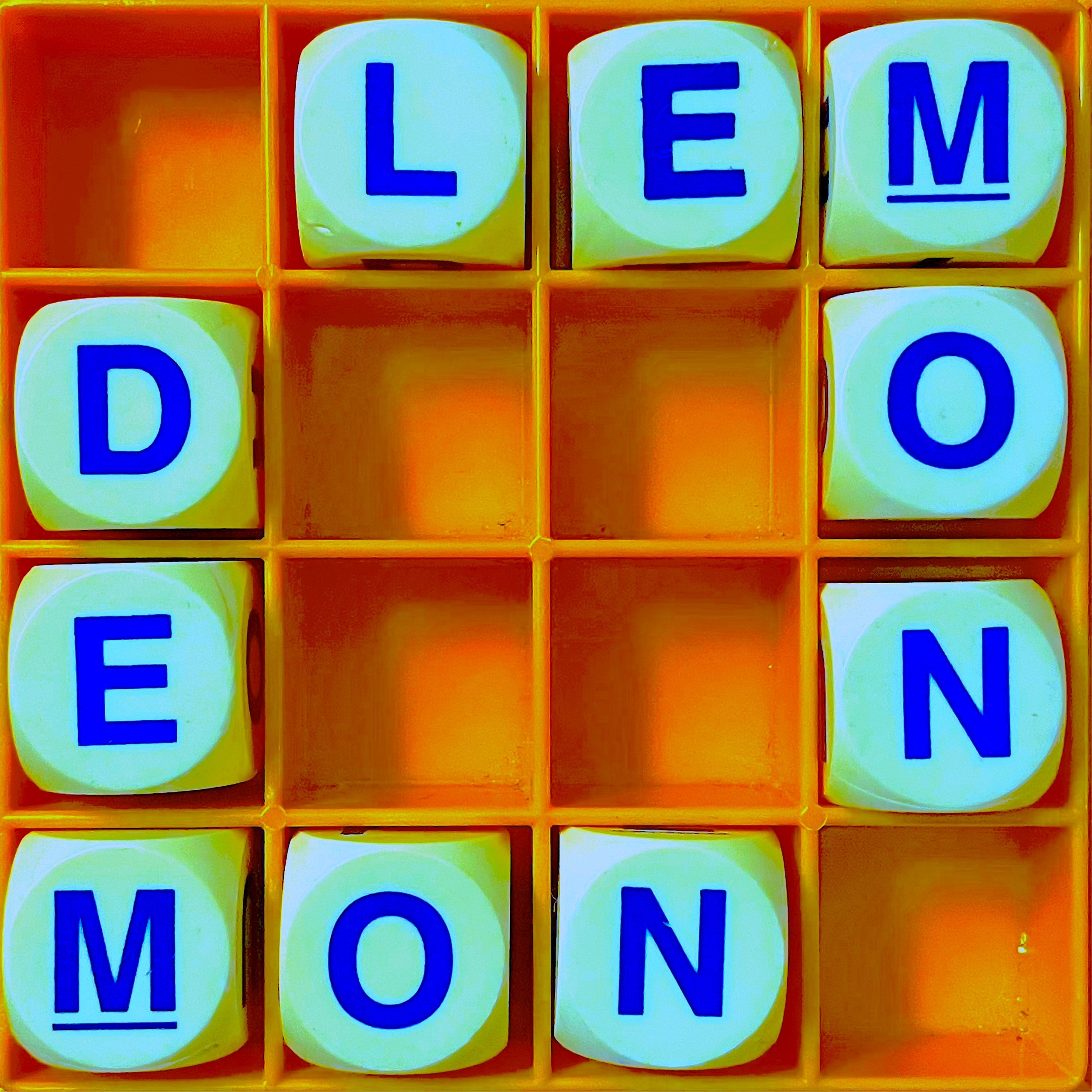BIBEK GURUNG: You grow up with the sense that if your first language, or one of your first languages, Singlish, actually a bad version of an already existing language, you kind of get this sense that “I'm just bad at language,” which is… language is a fundamental human skill. It's what separates us from the lemurs or whatever. And to just have this sense that you're bad at this very fundamental skill, I think, really does a number to your self esteem and your abilities to communicate in general. I still have a lot of - I don't know how to phrase it, maybe like cultural cringe - around Singlish. And when I meet someone from Singapore, we do sort of lapse into Singlish and communicate in that way, except if I'm with American friends and then I just feel so self conscious and I'm not able to do it. As a student of linguistics and someone who just knows about the sociolinguistic dynamics, I still find it really hard to shake.
Read moreAllusionist 193 Word Play part 3: Lemon Demon transcript
AJ JACOBS: Anagrams played a part in a trial, sort of a witch trial in the 1600s in the UK. And it was a woman who was put on trial for claiming that she was a prophet. Part of her proof was that if you rearrange the letters in her name - her name was Eleanor Davies - if you rearrange it, then it says, ‘Reveal, O Daniel’, as in the prophet Daniel. I don't believe that that was proof she was a prophet. They came down on her hard in the trial, so they said, “If you rearrange” - her married name was Dame Eleanor Davies - “and you rearrange those letters, it spells ‘Never So Mad A Lady;.” So like, “she's so crazy.” So that was how she was convicted. And by the way, that was when anagrams were easier, because there were so many spellings.
Read moreAllusionist 126 Survival: Custodians of the Languages transcript
RUDI BREMER: One aspect of of what happened in Australia, as far as colonisation, is the assimilation policy. And in broad strokes, the way that that worked was Aboriginal people were rounded up, and taken from their land and placed on missions. And from there you were forced to only speak English. You couldn't teach your children your language, you couldn't teach them your culture.
Read moreAllusionist 118 Survival: Bequest transcript
ELIZABETH KEREKERE: I'm so convinced that transphobia, biphobia, homophobia are such an integral part of colonisation, I reject that as a colonial construct, I reject it as racist.
As they took our land - tried to take all of our land, tried to take all of our language and suppress our culture, they also took our expressions of sexuality and gender. And that is important to us in a core part of our culture, especially because the way that the institutional racism, the intergenerational trauma that is the legacy of colonisation has impacted on us and the levels of discrimination against people with diverse genders, sexualities and sex characteristics, that we see that all of this, all of this was a massive attempt to cover up what was already there and pretend it never happened.
Allusionist 106. Typo Demon - transcript
IAN CHILLAG: Titivillus is the typo demon. I've certainly felt the effects of the demon Titivillus in my life. I've made typos. I had not, until I learned of Titivillus, known that I could blame those typos on a higher power or - is a demon or a lower power?
HZ: I think they originated when an archangel fell from heaven - Lucifer - ao I'd imagine if you're taking the conventional geography of heaven being high, then the demons would be low - but then a typing demon would probably be on the Earth's surface for maximum efficacy.
IAN CHILLAG: Well, Titivillus did - does, maybe - walk the Earth, and what he does is make scribes make errors. So a medieval scribe is doing their work, writing down what they have to in their text, probably a religious text; and Titivillus shows up and does whatever he does and suddenly there are typos in those texts.
HZ: And rather than ascribing that to medieval scribes having very tired hands due to the equipment that they use being exhausting to propel, and they were working in not the brightest light conditions, they were like, "No, it's demons."
IAN CHILLAG: Nope, it was Titivillus the typo demon.
HZ: We're talking about a demon that arrived on the scene of demonism in the 13th century.
IAN CHILLAG: Correct.
HZ: So when we say typos, we really mean handos.
IAN CHILLAG: Yeah yeah. The hando demon.
Read more




